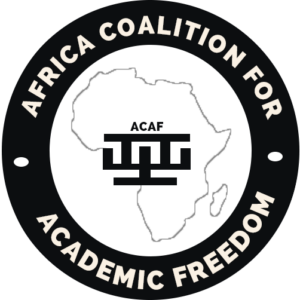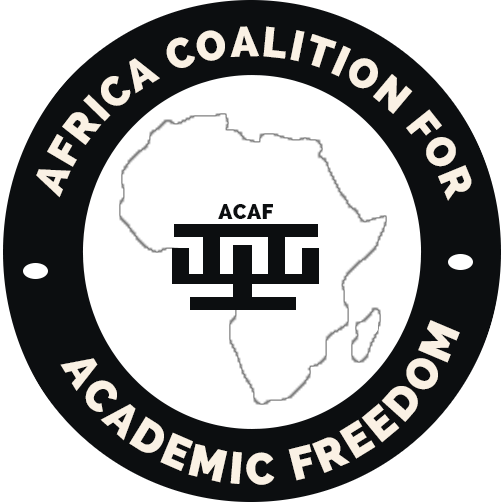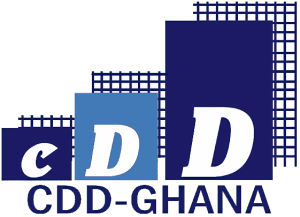The chequered history and perilous state of academic freedom in Africa today is dictated to by the coloniality of its higher education landscape, which is dominated by factors such as massification, high lecturer-student ratios, poor remuneration for lecturers, undue interference by the state in the affairs of the university, and poor allocation of resources for research. These factors have affected the ability of the Africa university to realize its raison d’être, that is, the production, dissemination, and application of knowledge, which are located within the ecosystem for the exercise of academic freedom.
Thus, although many African States have now given recognition to academic freedom in their post-Cold War constitutions, this development has not translated substantively into improving the culture of respect for academic freedom in Africa. Moreover, academic freedom remains an abstract concept, even among the academic community and more so in the larger society. Its purpose, relevance, mode of application, and means of making claims and seeking redress, among others, remain a mystery to many. Identifying the history, the actors, the factors, the context, and the nuances informing the academic freedom matrix in Africa is critical to identifying the root causes of the problem.
That is where Africa Coalition for Academic Freedom (ACAF) comes in!
ACAF is an initiative aimed at championing academic freedom concerns across the African continent. It is supported by Scholars at Risk Network (SAR), one of the leading advocates for academic freedom across the globe, and is hosted by the Centre for Democratic Development (CDD-Ghana), based in Accra, Ghana.
The coalition seeks to address the challenges that prevent African universities and other intellectual establishments from fulfilling their core purposes, that is, the production, dissemination, and application of knowledge to promote democracy, human rights, and sustainable development on the continent. By building a collaborative network of academics, higher education institutions, student unions,civil society organizations, and partner institutions, ACAF seeks to empower individuals and institutions to uphold and defend the core principles of academic freedom and intellectual autonomy.




